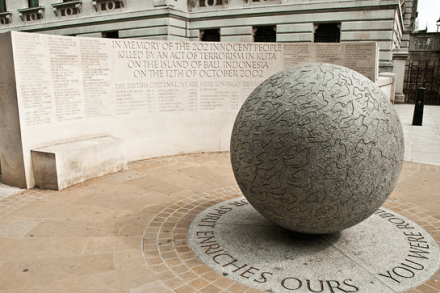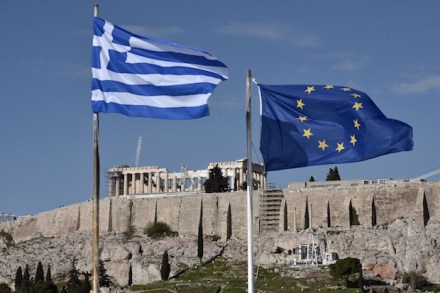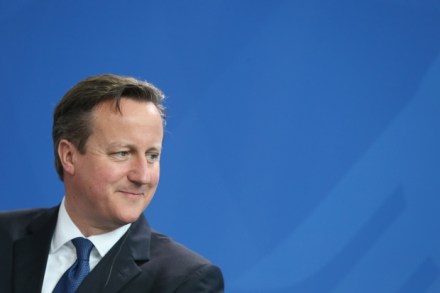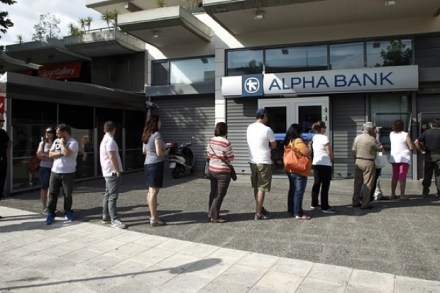Tories nervous of EVEL rebellion
MPs are getting very worked up in this afternoon’s emergency debate on English Votes for English Laws. Depending on which party they’re in, of course, they’re getting worked up about slightly different things. Labour have stick to arguing about the procedure, which is what the debate is supposed to be on, saying that the measure is far to big to be put through using standing orders. The SNP’s objection is primarily that this makes Scottish MPs second class, and secondly that the Tories are trying to create an English parliament in two weeks when they should, as Pete Wishart put it ‘do the work’ in the same way as the



















